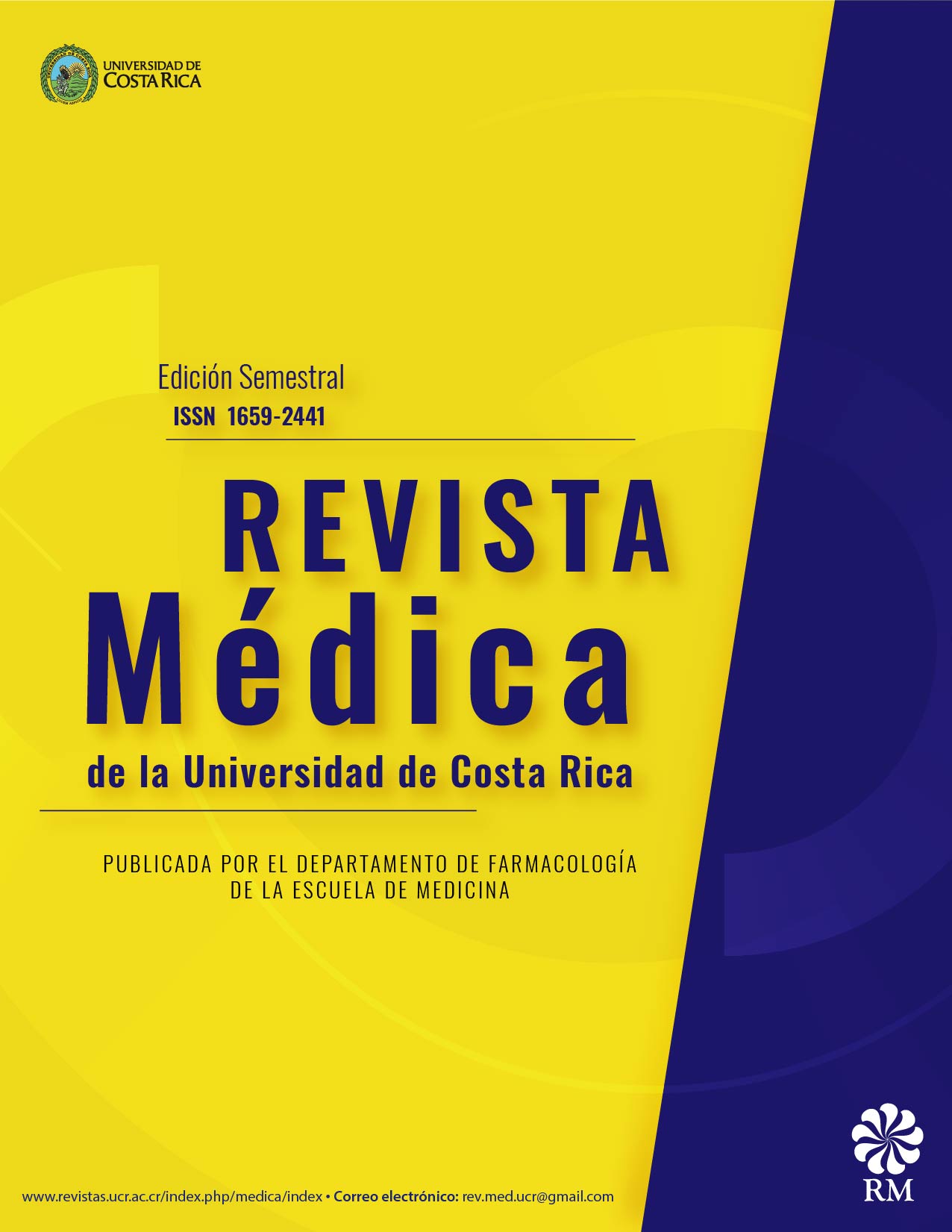Abstract
Methanol poisoning is an important cause of morbidity and mortality across the globe. The wide availability, due to it is use as a solvent in industrial products, and in the market of alcoholic beverages due to their sale in an illicit manner, associated with his unspecific clinic in the early stages, expose the importance of his recognition, because mortality increases when there is delay in diagnosis and delay in seeking medical attention. The aim of this review is to describe: the symptoms, the sequelae and different therapeutic approaches to early recognition of this entity. The results in the present review expose the therapeutic evolution by the incorporation of fomepizole, which impact in a decrease of secondary effects, mainly associated to the therapy with ethanol and a reduction in the use of hemodialysis, this last one relegated to its use in cases with acute renal failure and severe intoxication, however we conclude that most of countries mainly in Latin America do not have fomepizole, reason why the use of ethanol is the most used measure with very good results. Another conclusion is that the control of metabolic acidosis is fundamental, because it presents an association with the evolution of the disease. It is essential to highlight that activated carbon and laxatives are not effective in methanol poisoning.


